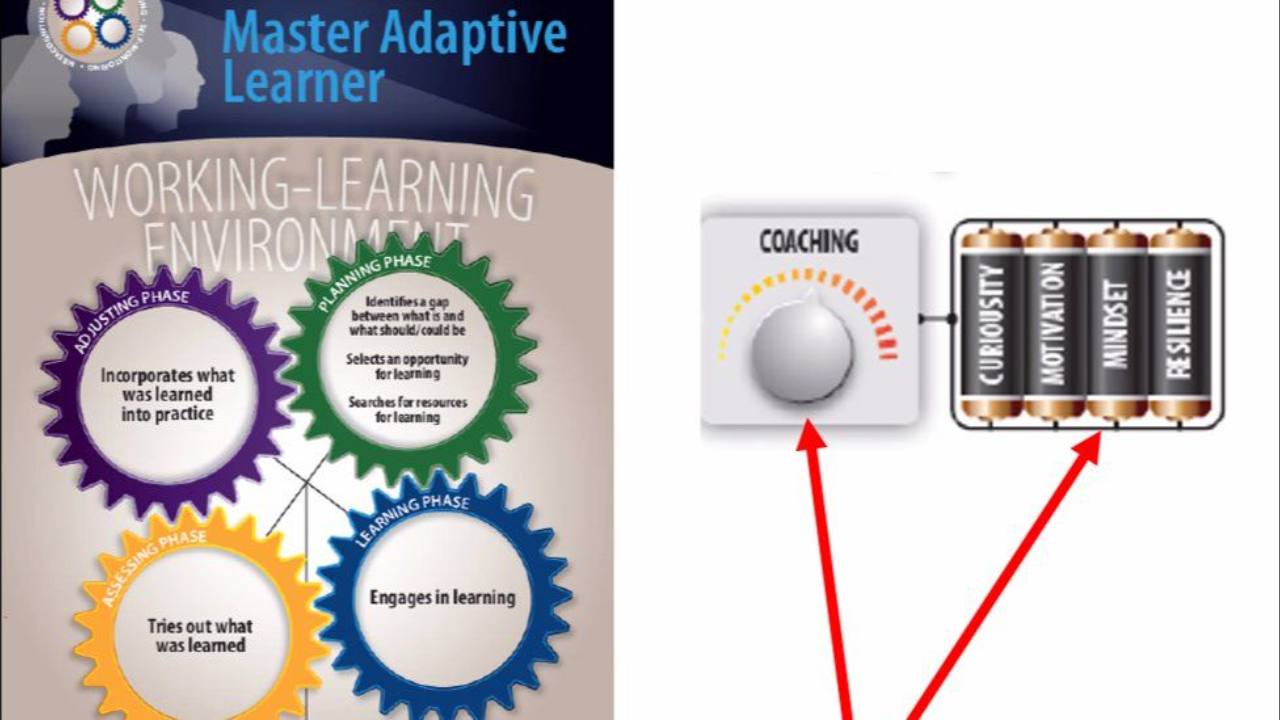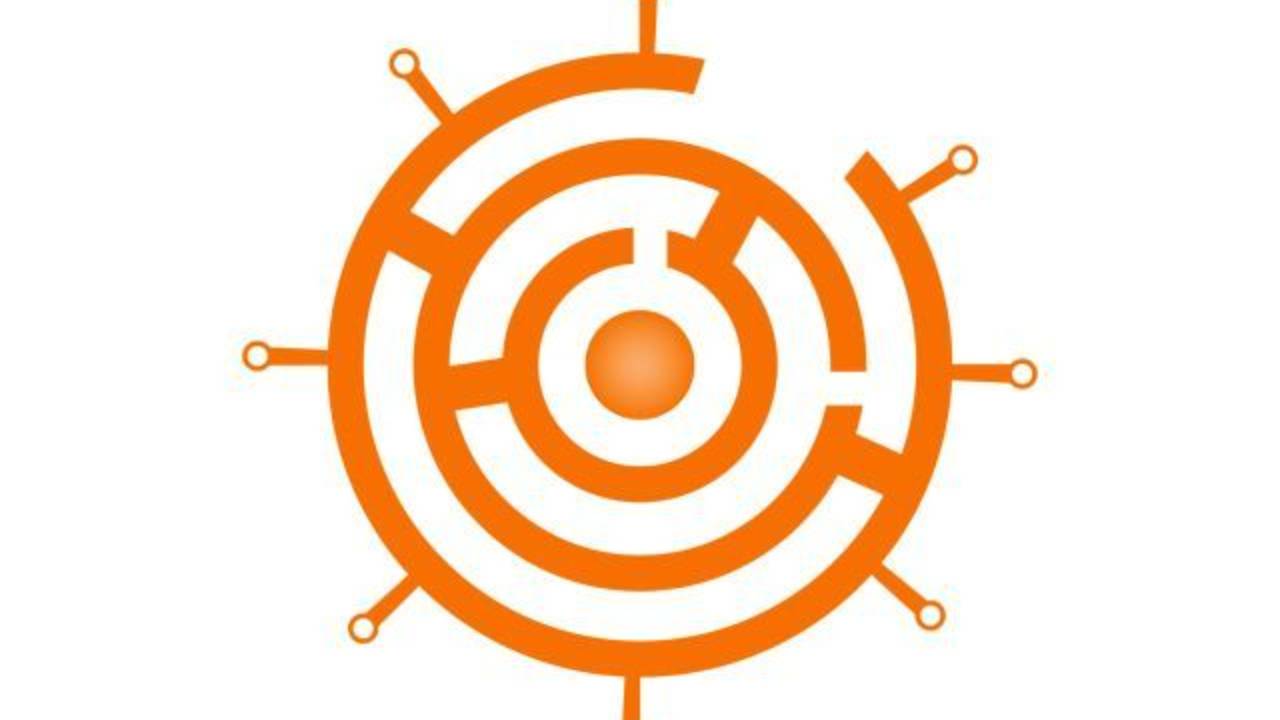🧠 Concussion, Dual-Tasking, and Rehab: What This New Study Tells Us
Journal of Athletic Training (July 2025):
The Influence of Concussion History and Progressively Increasing Cognitive Load on Jump Landing and Cutting
🌍 Why This Matters
Concussions increase the risk of musculoskeletal injuries (MSKIs) by 2–4 times, lasting up to two years post-injury. Traditional concussion testing often focuses on isolated cognitive or motor performance, but real sport involves dual-tasking—executing precise physical movements while managing cognitive demands (decision-making, attention shifts, reaction to play).
This study provides insight into how layering cognitive load affects jump landing and cutting—two movements closely tied to injury risk—and whether concussion history changes that equation.
🔬 Study Design in Brief
-
Participants: 46 young adults (23 with concussion history, ~45 months post-injury; 23 matched controls).
-
Tasks: Jump landing and 45° cutting.
-
Conditions Tested:
-
Single-task: No counting.
-
Dual-task (moderate load): Serial 3s subtraction.
-
Dual-task (high load): Serial 7s subtraction.
-
-
Measures Collected:
-
Reaction time to a buzzer.
-
Biomechanics (joint angles, ground reaction forces).
-
Cognitive performance during tasks.
-
Perceived difficulty (NASA Task Load Index).
-
📊 Key Findings
1. Reaction Time Slows as Cognitive Load Increases
-
Participants reacted fastest with no counting.
-
Reaction time slowed with both serial 3s and 7s (serial 7s the slowest).
-
This aligns with what clinicians observe: higher cognitive demands delay motor responses.
2. Biomechanics Did Not Significantly Change
-
Surprisingly, joint kinematics and kinetics were not meaningfully different between single-task and dual-task conditions, nor between concussion and control groups.
-
Suggests that by ~3–4 years post-concussion, lingering biomechanical deficits may have resolved.
3. Cognitive Performance Actually Improved Under Dual-Task
-
Rather than a “dual-task cost,” participants showed a dual-task benefit—performing more accurate/faster subtraction while moving compared to baseline.
-
Likely reflects increased vigilance or prioritization of the cognitive task during movement.
4. Perceived Task Difficulty Increased Hierarchically
-
Clear self-reported pattern:
-
Easiest: No counting.
-
Moderate: Serial 3s.
-
Hardest: Serial 7s.
-
-
Demonstrates a usable cognitive load progression that rehab professionals can apply in training.
🏋️ Clinical Takeaways
🔄 Progression in Rehab
-
Introducing dual-task drills (counting, memory tasks, decision-making) adds difficulty without necessarily altering biomechanics.
-
The hierarchy (no count → serial 3s → serial 7s) provides a structured way to scale complexity in return-to-play programs.
🧩 Addressing Fear of Movement & Confidence
-
Athletes may benefit psychologically from “conquering” harder-feeling tasks.
-
Increasing perceived challenge (even if mechanics stay similar) can support confidence, buy-in, and resilience.
🎯 Return-to-Play Simulation
-
Game situations demand motor + cognitive integration under fatigue.
-
Dual-task drills—especially layered at the end of rehab sessions—can mimic late-game focus and decision-making challenges.
⚠️ Not a One-Size-Fits-All
-
Participants in this study were several years post-injury.
-
Acute or subacute concussion patients may show different patterns.
-
More research is needed in early recovery phases and in competitive athletes.
✨ Bottom Line
For athletes post-concussion, dual-task training with progressively higher cognitive load:
-
Does not appear to worsen biomechanics (at least years after injury).
-
Does reliably increase perceived difficulty—a tool rehab professionals can harness for progression, confidence building, and game-like preparation.
This evidence supports what many clinicians already do intuitively—layering in cognitive challenges like serial subtraction, decision-making, or reactive cues—but now provides a tested hierarchy of difficulty to guide structured rehab programming.
If you are ready to jump right in to the Foundations of Concussion Management for the Rehab Professional, please select the link below!



Responses